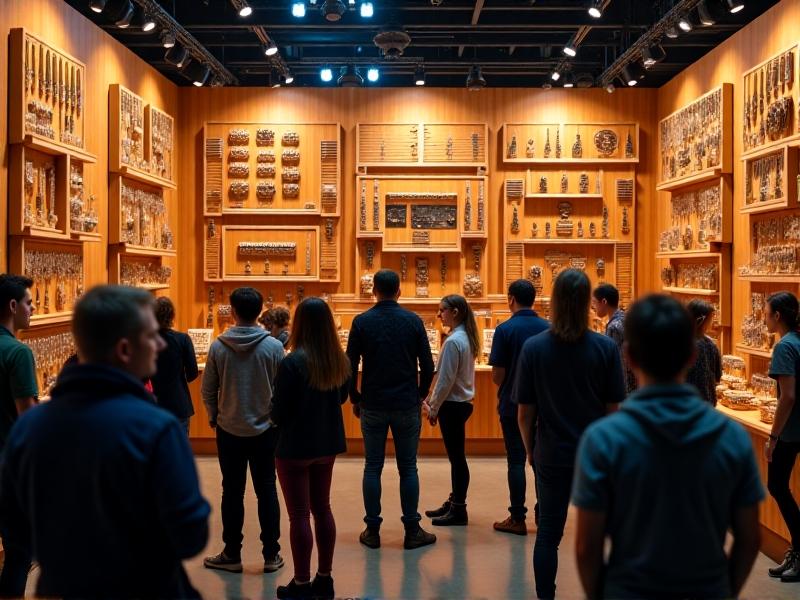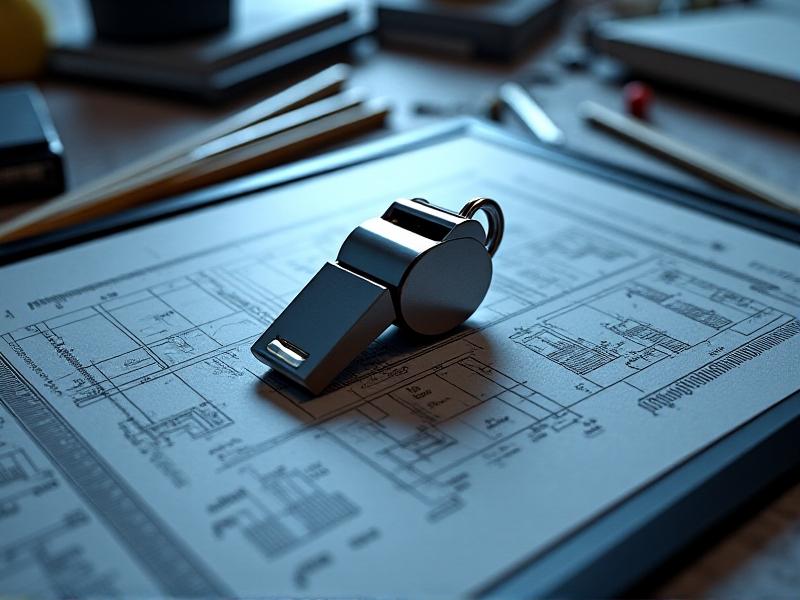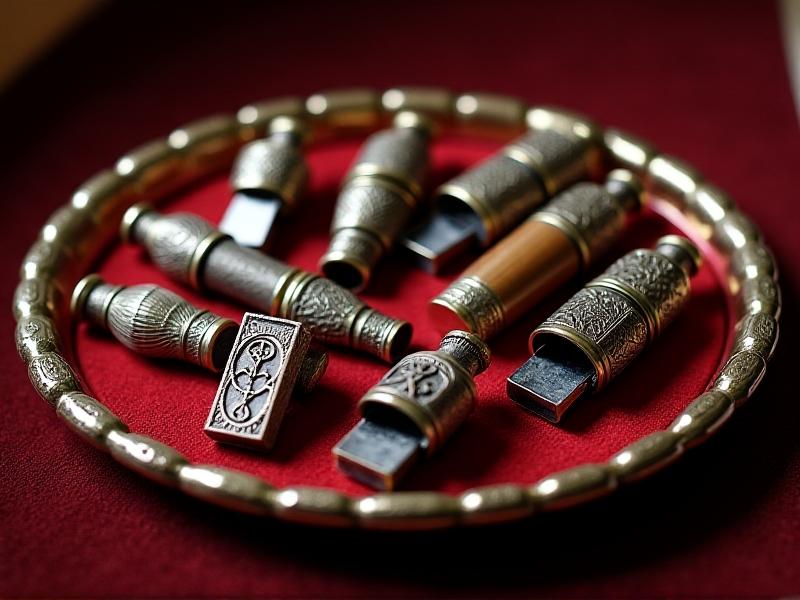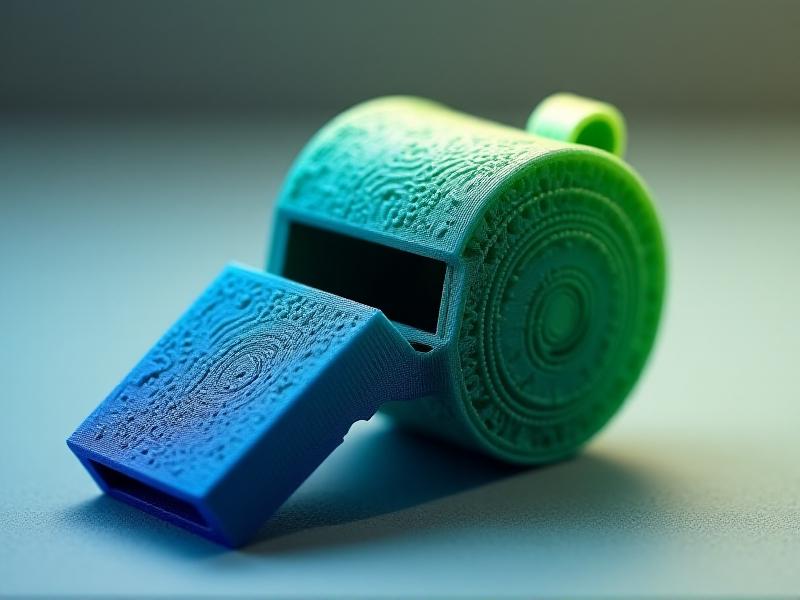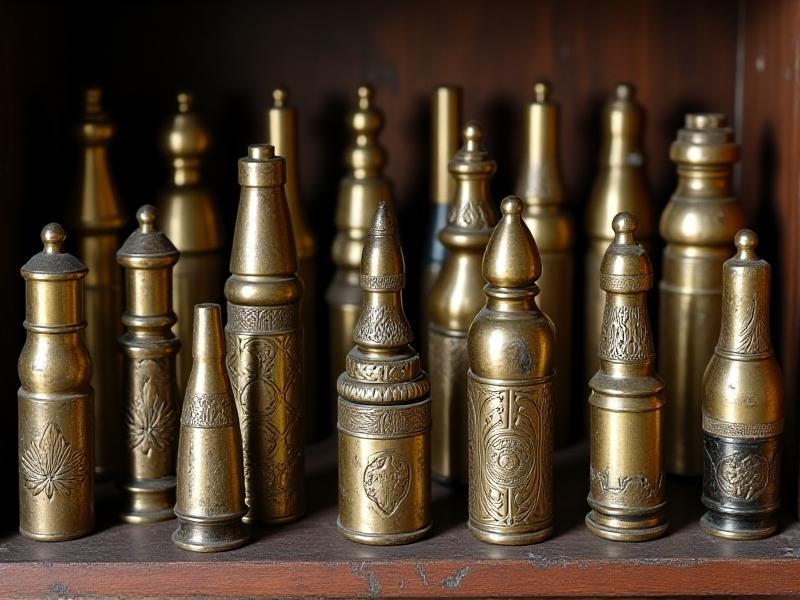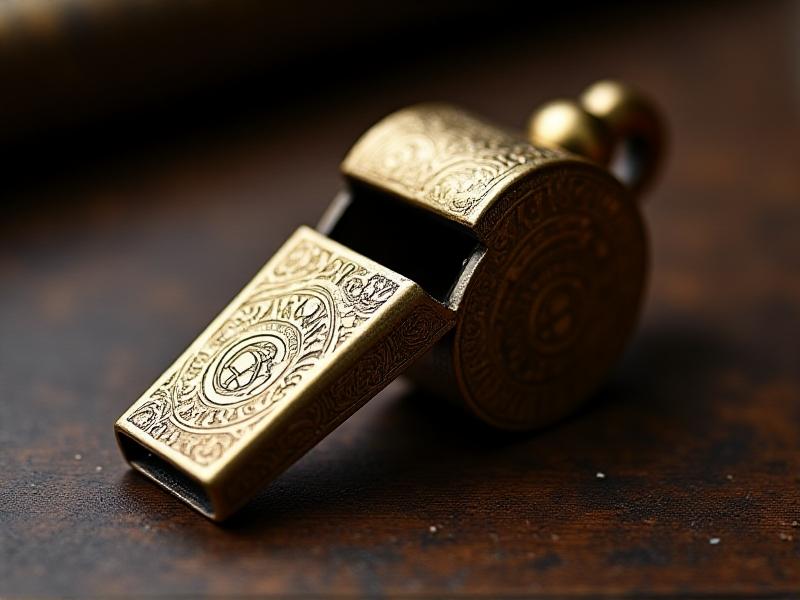Ethical Considerations in Whistle Collection Valuation Practices
Understanding Whistle Collection Valuation
Whistle collections, whether they are antique, vintage, or modern, hold significant cultural and historical value. Valuing these collections is not just about determining their monetary worth but also understanding their ethical implications. The process of valuation involves assessing the provenance, rarity, condition, and historical significance of each whistle. However, ethical considerations must be at the forefront to ensure that the valuation process is fair, transparent, and respectful of the items' cultural heritage.
One of the primary ethical concerns in whistle collection valuation is the potential for bias. Appraisers must remain impartial and avoid conflicts of interest that could skew the valuation. This includes disclosing any personal connections to the items or their owners and ensuring that their assessments are based solely on objective criteria. Additionally, appraisers should be transparent about their methodologies and the factors they consider when determining value.
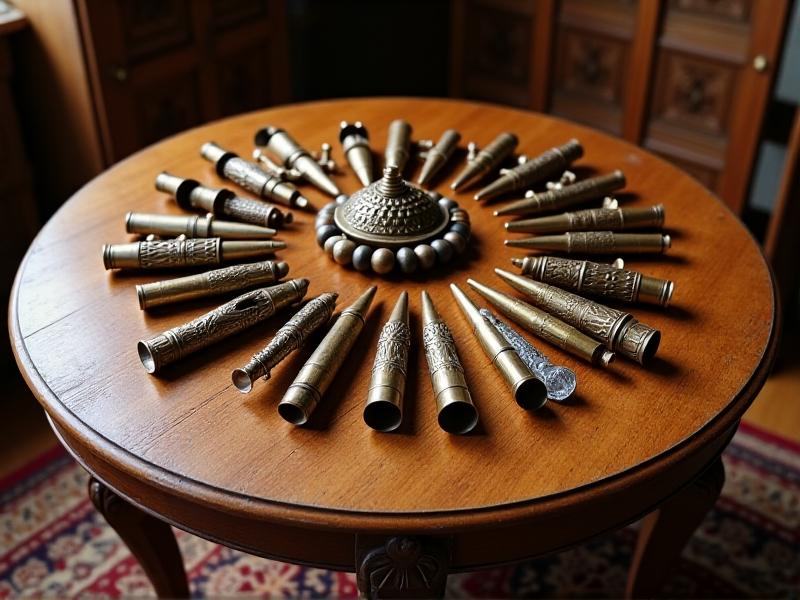
The Role of Provenance in Ethical Valuation
Provenance, or the history of ownership, plays a crucial role in the ethical valuation of whistle collections. Knowing the origin and journey of a whistle can significantly impact its value, but it also raises important ethical questions. For instance, if a whistle was acquired through questionable means, such as theft or exploitation, its valuation could be tainted by its unethical provenance.
Appraisers must conduct thorough research to verify the provenance of each whistle in a collection. This includes checking historical records, consulting with experts, and even reaching out to previous owners if possible. By ensuring that the provenance is legitimate and ethical, appraisers can provide a more accurate and morally sound valuation. Moreover, transparency about provenance helps to maintain the integrity of the whistle collection and the broader field of cultural heritage valuation.
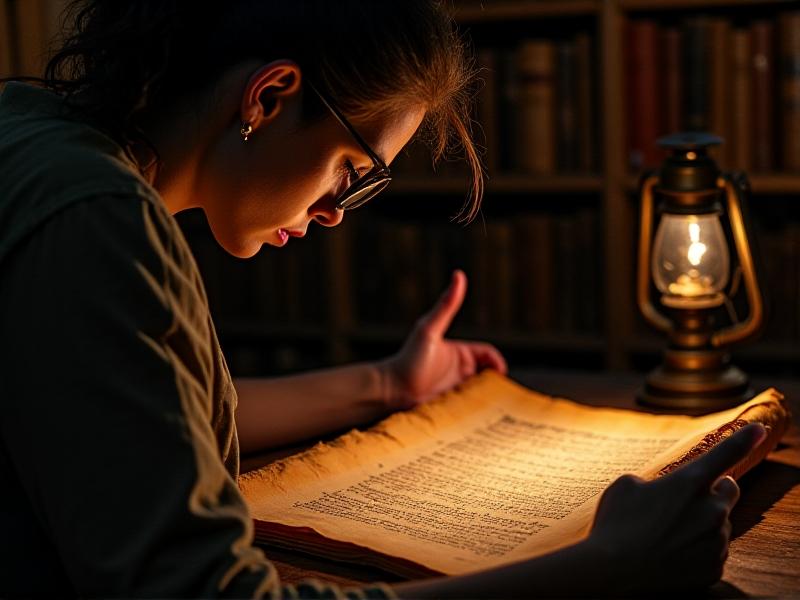
Cultural Sensitivity and Whistle Valuation
Especially those connected to particular tribes or customs, whistles can be culturally important. Ethical valuation practices must take into account the cultural context of these items to avoid disrespect or misrepresentation. This means understanding the cultural importance of a whistle and considering how its valuation might impact the community from which it originated.
Appraisers should engage with cultural experts and community members when valuing culturally significant whistles. This collaborative approach ensures that the valuation process is respectful and informed by the perspectives of those who hold the items in high regard. Additionally, appraisers should be cautious about commodifying cultural artifacts, as this can lead to the exploitation of cultural heritage for financial gain. Ethical valuation practices should prioritize the preservation and respect of cultural traditions over profit.
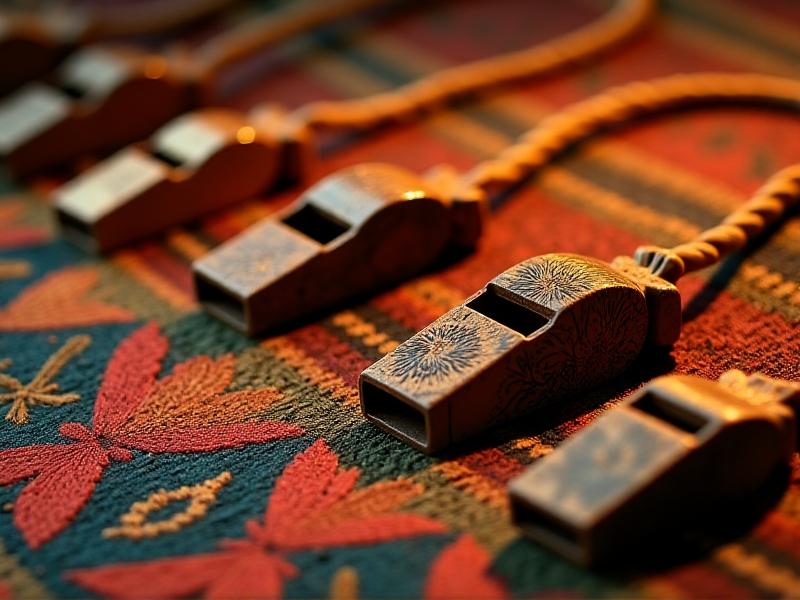
Environmental Considerations in Whistle Valuation
The materials used in whistle production can have environmental implications, especially in the case of antique or vintage whistles made from endangered materials. Ethical valuation practices should consider the environmental impact of these materials and promote sustainable approaches to collecting and preserving whistles.
Appraisers should be aware of the origins of the materials used in whistle production and consider the environmental consequences of their extraction and use. For instance, whistles crafted from ivory or particular kinds of wood could have contributed to environmental damage or the endangerment of species. In such cases, appraisers should provide valuations that reflect the ethical implications of these materials and encourage collectors to prioritize environmentally sustainable options. Additionally, appraisers can advocate for the preservation of whistles made from endangered materials, ensuring that they are valued for their historical significance rather than their material worth.
Transparency and Accountability in Valuation Practices
Transparency and accountability are essential components of ethical whistle collection valuation. To keep the confidence of collectors and the public, appraisers have to be honest about their procedures, techniques, and any possible conflicts of interest. This includes providing detailed documentation of how valuations are determined and being willing to justify their assessments when questioned.
Accountability also extends to the broader field of whistle collection valuation. Appraisers should adhere to established ethical guidelines and standards, such as those set by professional organizations like the International Society of Appraisers. By following these guidelines, appraisers can ensure that their practices are consistent, fair, and ethically sound. Additionally, appraisers should be willing to engage in ongoing education and training to stay informed about best practices and emerging ethical issues in the field.
The Future of Ethical Whistle Collection Valuation
As the field of whistle collection valuation continues to evolve, ethical considerations will remain a central focus. Appraisers, collectors, and cultural institutions must work together to develop and uphold ethical standards that prioritize fairness, transparency, and respect for cultural heritage. This includes addressing emerging issues such as the impact of digital technologies on valuation practices and the increasing importance of environmental sustainability.
Looking ahead, the integration of ethical principles into whistle collection valuation will be essential for preserving the integrity of these collections and ensuring that they are valued in a way that respects their cultural, historical, and environmental significance. By prioritizing ethical considerations, the field can continue to grow and adapt in a manner that benefits both collectors and the broader community.
